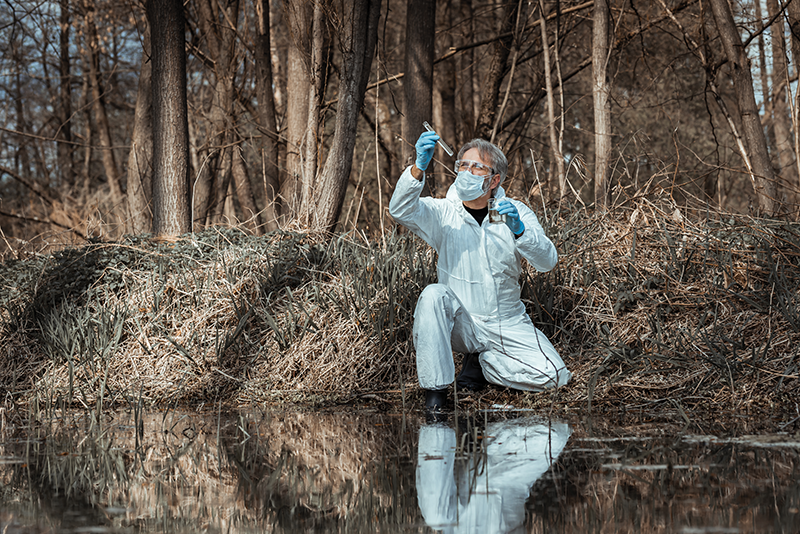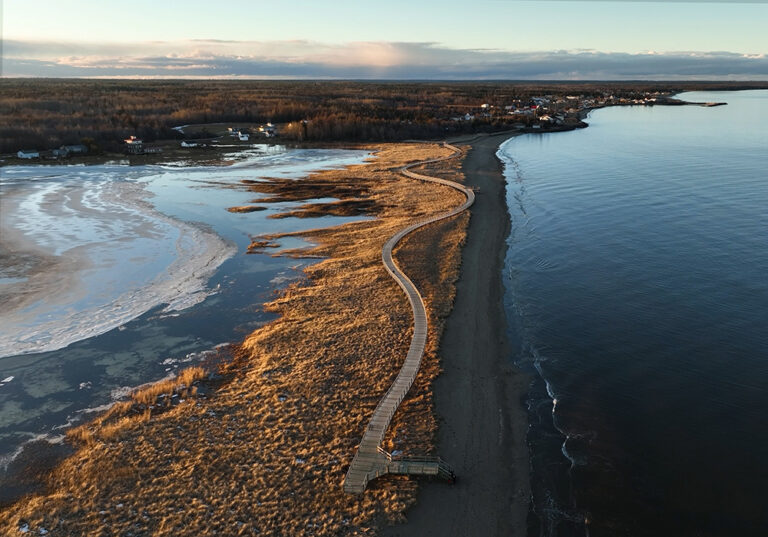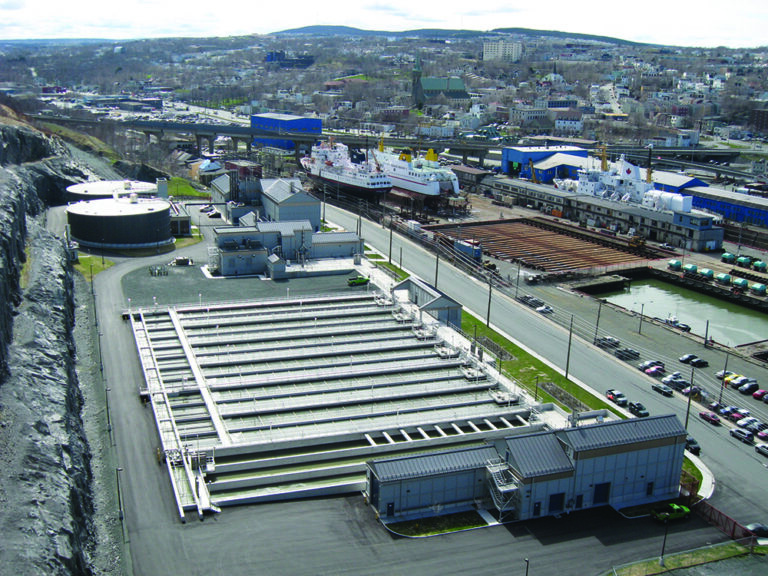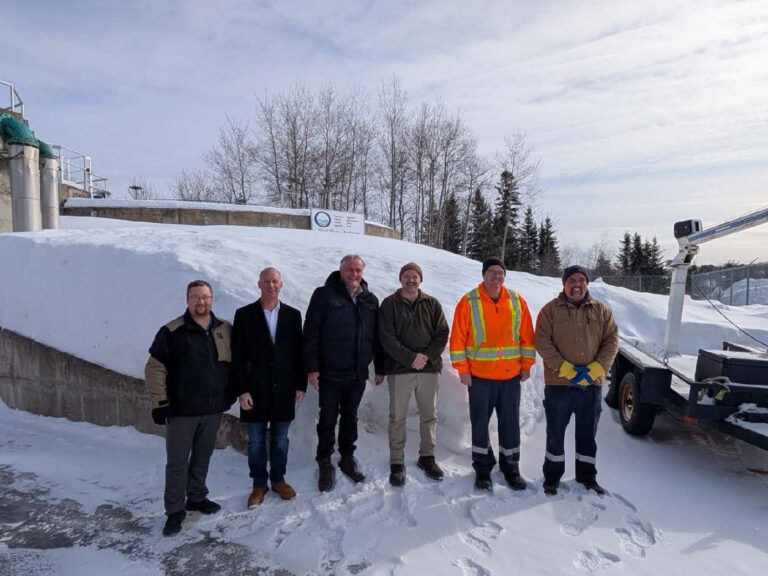The Canadian water sector has proven to be one of the most resilient essential services in the wake of the COVID-19 pandemic. Water utilities, both public and private, were clearly prepared to deliver high-quality service in the wake of an unfathomable disruption.
But even when you think you are prepared for the unthinkable, when the unthinkable happens, hindsight always makes us look at how we might have done things differently. Or, perhaps, how we might change the way we prepare in the event of another significant disruptive event.
We contacted several leaders within the national and global water space and posed a simple, yet general, question:
What’s one thing that should change in the water sector as a result of the COVID-19 pandemic?
Here are the responses we received, in their own words.
“It’s clear, many sectors are stepping forward during the COVID-19 pandemic, including environmental non-profits. A number of watershed groups we partner with in Atlantic Canada are continuing to collect vital data through water quality monitoring, albeit in a paired down capacity. We’re also seeing how dependent ENGOs are on government funding. Once we’ve made it through the current crisis, I hope we see increased trust in community-based water monitoring organizations as well as further financial support of this vital work.”
Emma Wattie, Director, Atlantic Water Network
“A better understanding of the very importance of our industries function as an essential service for the protection of the environment and the health of the population.”
Richard Szigeti, Board President, Water Environment Association of Ontario (WEAO)
“The COVID-19 pandemic is a generational challenge—one that will shape emergency response plans of the future. It has reinforced the importance in how water utilities staff facilities, protect workers and ensure services are delivered without interruption.
We expect the water sector, as a whole, will evolve with more comprehensive business continuity plans focused on pandemic scenarios, and these would be regularly tested and ready to be deployed. These plans will include detailed consideration of the ripple effects across organizations, such as intensive IT support, childcare arrangements for families, customer physical distancing and protocols for sequestered employees.
The pandemic has highlighted the critical importance of water utilities in communities around the globe, and we expect this will influence the future of how governments view our workforces when it comes to health testing and the distribution of key resources such as PPE.”
Shawn Bradford, Senior Vice President, EPCOR Water Canada
“Potable water is a basic human right, and a foundational necessity to fighting the COVID-19 pandemic. Unfortunately, the inequalities in accessing clean water for First Nations, exacerbate the already dire circumstances in which too many of our people live, especially for our 96 isolated First Nations. Ensuring access to safe drinking water, and adequate funding for First Nations is key to preventing the spread of COVID-19, and keeping our people safe.”
Assembly of First Nations National Chief Perry Bellegarde
“COVID-19 reminds us of other unwelcome events that test our models and resilience. Floods, droughts, and pollutants also harm and haunt us in their unique ways. With COVID-19 we’ve seen a formerly unimaginable response, with collaboration, cooperation and holistic approach being keys to successes. The water sector should emulate this. Our proactive work in risk reduction yields tremendous value to society. Let’s increase our water monitoring and testing network and also put forward innovative risk reduction strategies that integrate science and broad-based social actions.”
Stephen Braun, President, Canadian Water Resources Association
“There should be a much greater awareness that wastewater utilities are public health agencies and that water workers on the frontlines of protecting our communities. There should be heightened recognition that water and wastewater services are essential to daily life and the critical importance of making investments in the infrastructure. Part of this change will need to come from elected officials, to advance policy that will ensure water utilities have the resources, capacity, and assistance needed to deal with situations like this in the future.”
Jackie Jarrell, President of the Water Environment Federation
“This pandemic should create a true appreciation of the risks inherent in wastewater and lead to consistent adherence to proper hygiene practices and the use of personal protective equipment (PPE). Human waste carries pathogens; always has and always will. As we accept water from toilets, laundry, hospitals, industrial waste and more, we must never forget that anything almost can be in there. While COVID-19 has posed a heightened risk, each pathogen/virus poses risks to wastewater workers. Moving forward, we must be ever-vigilant to use PPE properly and to have lots of it on hand!”
Beth Weir, Regional Municipality of York, CWWA Wastewater Committee Chair
“Moving forward, all critical infrastructure needs to be more aware of interdependencies and their cascading impacts, especially in the water sector. When up to 40 per cent of employees could be lost during a pandemic (sickness, isolation, travel, family care), we need to maintain ongoing operations. This means ensuring; Pandemic Plans are exercised, storing appropriate amounts of PPE, cross-trained staff, Business Impact Analysis, and mutual aid agreements for critical staff.”
Greg Solecki, Senior Director, Sandhurst Consulting and Past President, International Association of Emergency Managers
“What one thing this Covid-19 pandemic makes again clear is that availability of clean water and good sanitation (handwashing) is a crucial tool in maintaining a good health for people worldwide. So bringing water tech innovations all across the globe will only become more important. This can be done by working closely together in sharing knowledge and technology.
Another thing we learned quickly is the introduction of remote digital meetings as means of alternative communication. Hopefully this will stay for a good part also after this period. Our climate will like that.”
Hein Molenkamp, Managing Director, Water Alliance
“The pandemic has made it obvious that sizeable investments in safe water provisioning must be viewed as part of the public health equation. While every government has issued advisories on washing hands to protect against the virus, billions of people in developing countries cannot comply because of lack of access to safe water or ignorance about proper hygiene. Many Canadian communities, particularly indigenous ones, similarly lack access to safe water. Changing this situation must receive the highest priority.”
Dr. Zafar Adeel, Executive Director, Pacific Water Research Centre
Thank you to all of our industry leaders who participated in the conversation.

